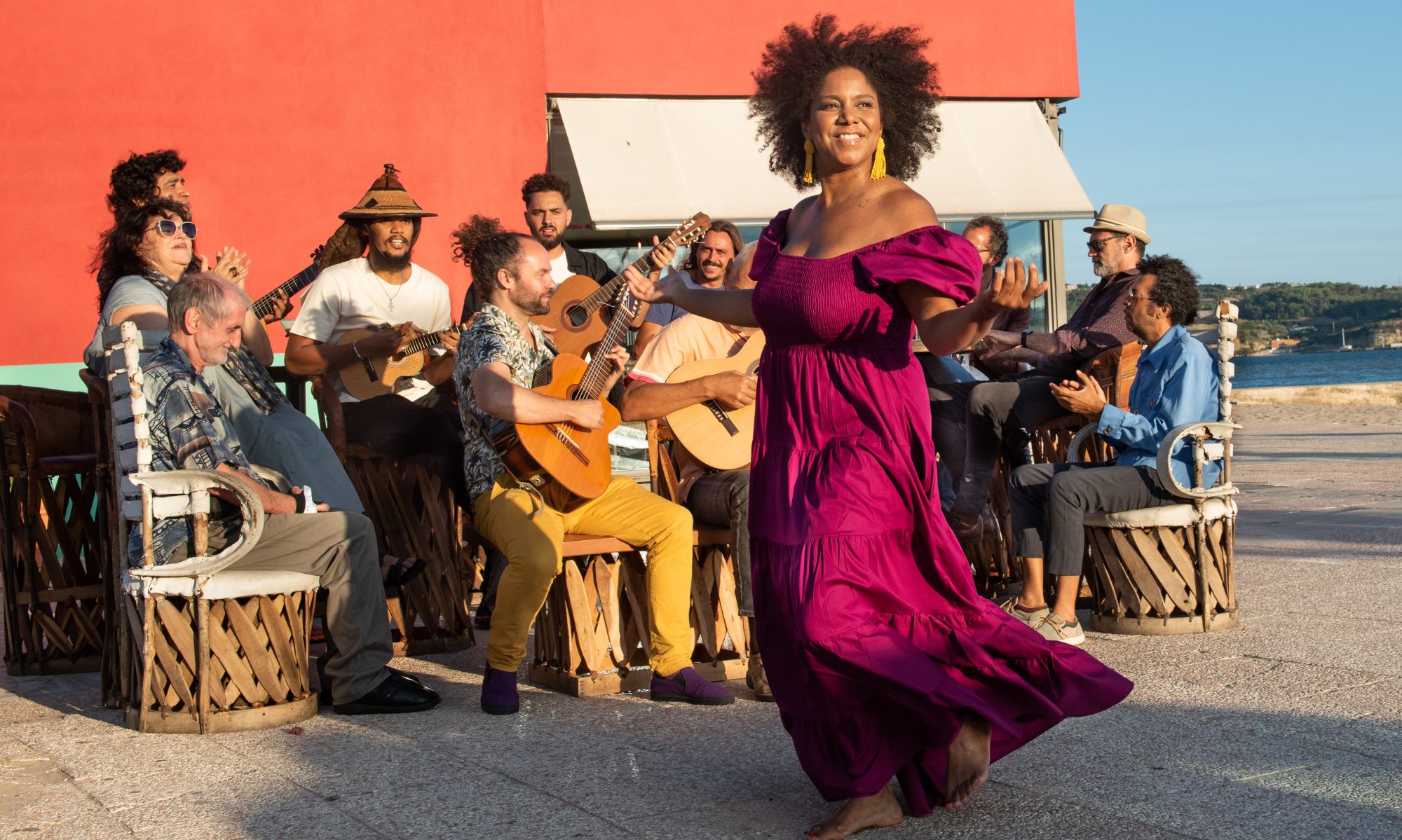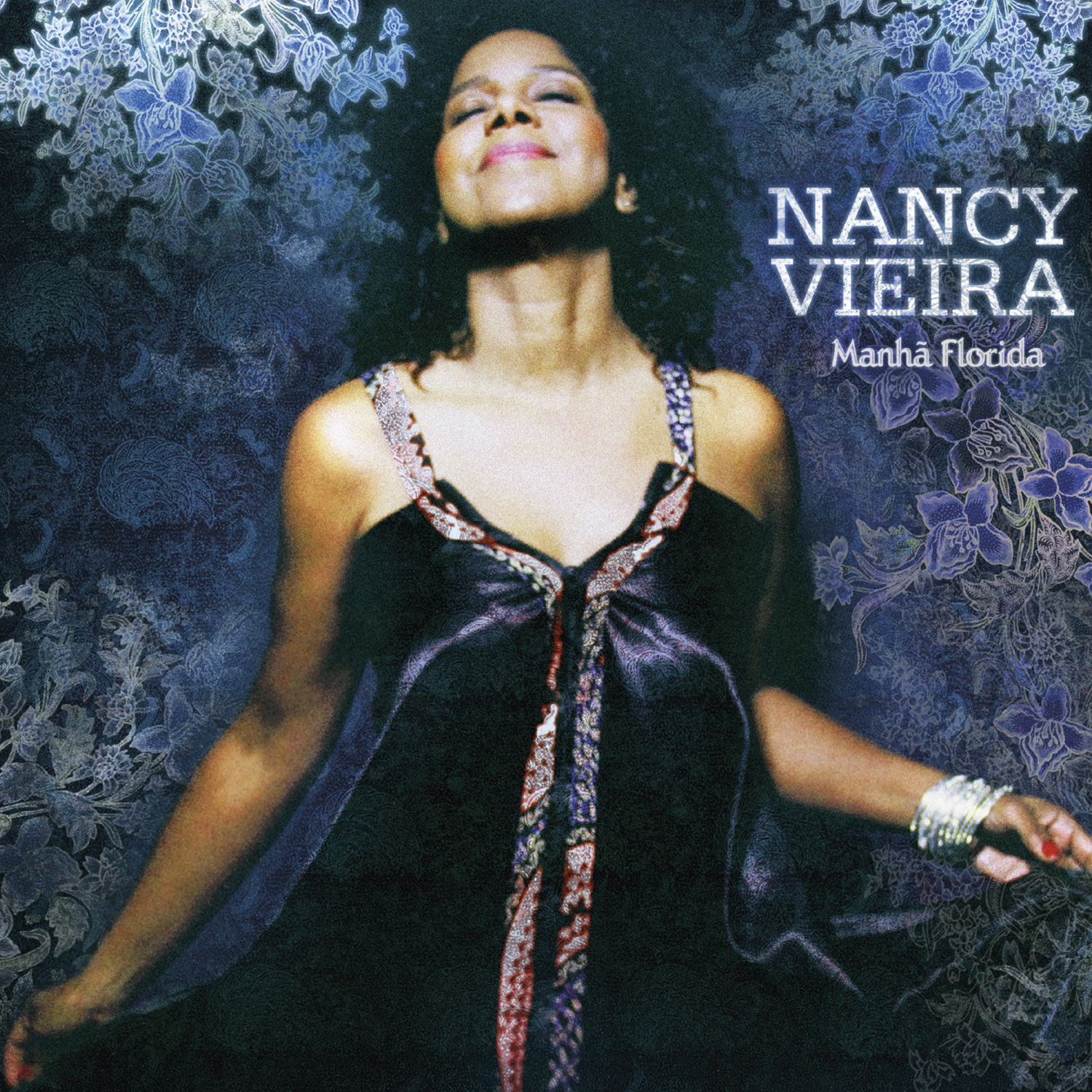NANCY VIEIRA CRAVES FOR CAPE VERDE: “IT IS IN MY PLANS TO LIVE AGAIN IN MY ISLAND”
NANCY VIEIRA
Still feeling the intensity of the emotion experienced in Colombia, where Morna was proclaimed as an Intangible Cultural Heritage of Humanity, Nancy Vieira sets a goal: Like so many Cape Verdean immigrants, nothing would make her happier than return to her country. And stay there forever.
What did meant to you to be in Bogotá when UNESCO officially announced Morna as an Intangible Cultural Heritage of Humanity?I was very happy and surprised when I was invited to join the Cape Verdean representation at the intergovernmental meeting where UNESCO decided to adopt our Morna as an Intangible Cultural Heritage of Humanity. What was it like to experience the moment?
It was a moment of great emotion! We were in Bogotá, Cape Verde and all over the world simultaneously. Everyone all over the world was following the news and we whore feeling all the reactions of this big moment.
Do you expect any changes from now on?
Morna is very loved and respected by Cape Verde and Cape Verdeans, inside and outside the islands. This would not change or increase with the proclamation but it will add responsibility of preserving it. This is one of the country’s main commitments to UNESCO and, mainly, to our tradition.
Have you always wanted to sing Morna?
When I chose to be an interpreter of Morna, I knew the responsibility that was entailed.
It was something I saw almost as being sacred by all the work that has been made by the pioneers of traditional Cape Verdean music in the world. Also what I felt listening to Bana, Titina and, later, Cesária and many, many other great ones.
BORN IN GUINEA-BISSAU, RAISED IN CAPE VERDE
At what age did you start singing?
I recorded my first Mornas at 19 years old. Morna always been present in my life, I listened at home on vinyl records and it was also played all the time by my father and family.
Do you still have a family in Cape Verde?
My family is all from Cape Verde and most of them are there. I was born in Bissau because my parents live there at the time but we went back to Cape Verde when I was four months old.
What memories do you have from your childhood?
I have the best memories of my childhood and adolescence in Cape Verde, between Praia, Mindelo and a dream vacation island, Ilha da Boa Vista, the island where my family is from.
Where do you live now?
In Portugal. My father came to work in Portugal when I was 14 years old, and I live here since then.
Did you maintain connections in Cape Verde?
I have always been lucky enough to be able to go to Cape Verde many times. We have always maintained a strong relationship with the country and with the family that still lives there.
Would you like to live in Cape Verde again?
Yes! It is more than a dream. It is in my plans to return to live in my islands.
You have a daughter. Does she intend to follow her mother’s footsteps in music?
My daughter has a beautiful voice and is very in tune. A few years ago she said she wanted to be a singer, but she didn’t talked about it again. We never know…


